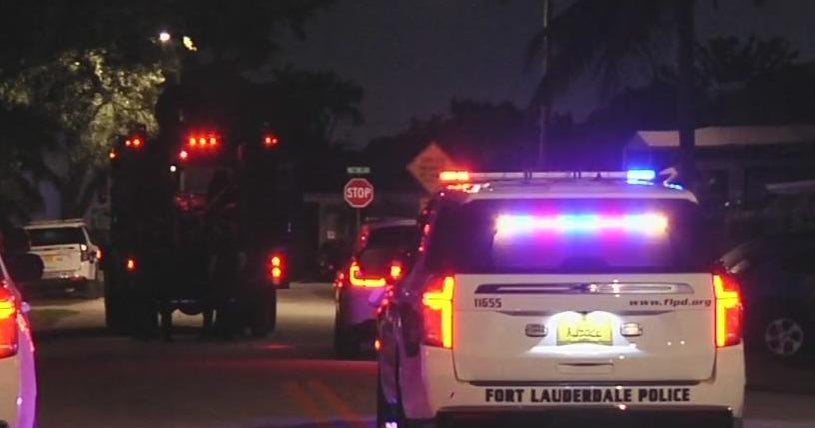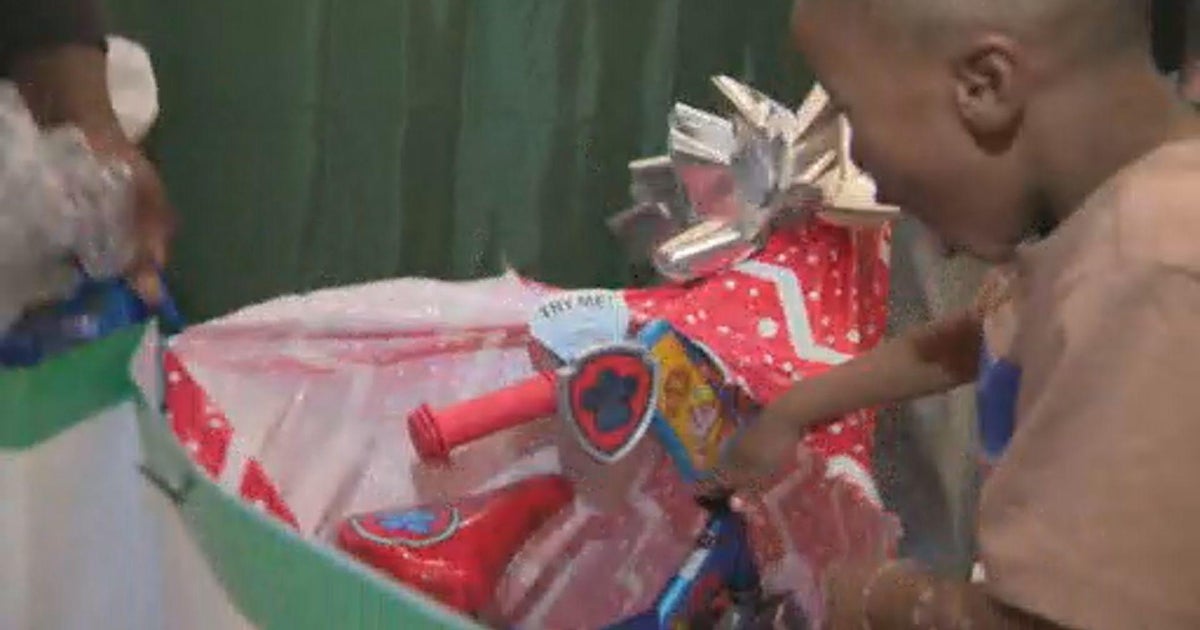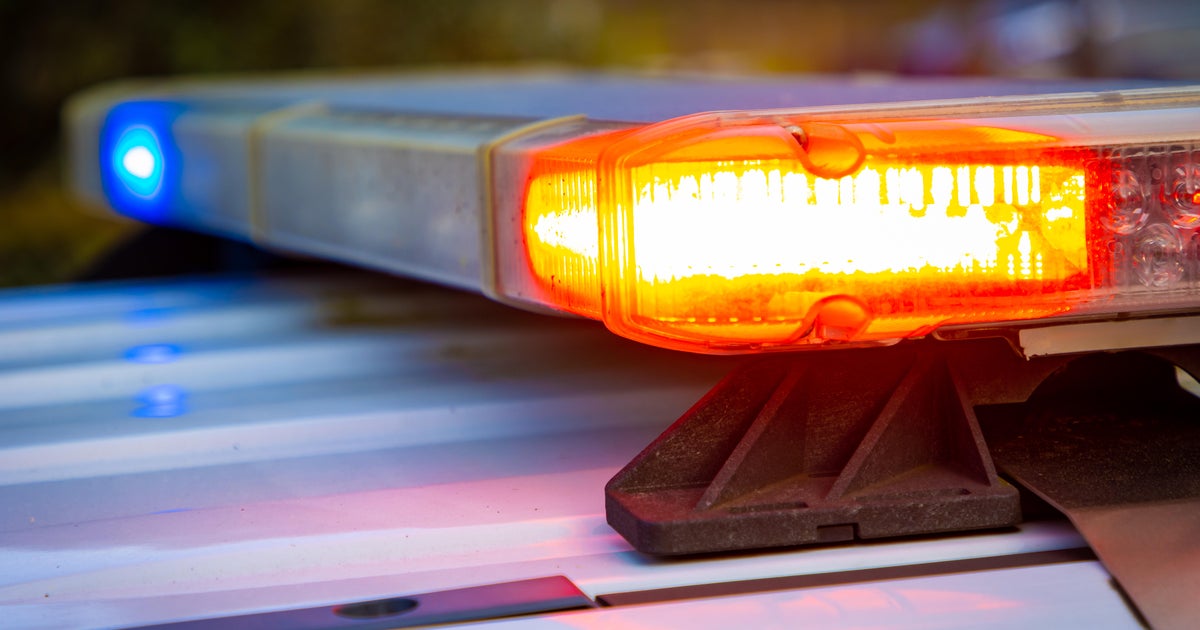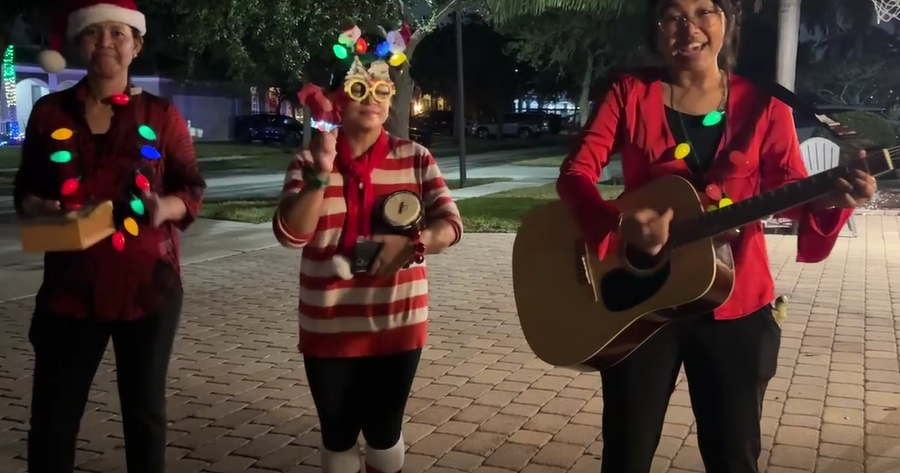Only five of the 106 dead in Maui have been identified because the remains are unrecognizable, Hawaii's governor says
Identifying those killed in the Maui wildfires will be very difficult and likely take weeks, Hawaii's governor said Tuesday as the death toll climbed to 106 and families desperately waiting to hear about lost loved ones were asked to provide DNA samples.
A genetics team will help identify victims, Hawaii Gov. Josh Green told CNN, as around 185 search and rescue workers and 20 cadaver dogs continued to comb through the ashes of homes and businesses incinerated by the deadliest US wildfire in more than a century.
"This is much like you see in a war zone or what we saw with 9/11," Green said on "The Source with Kaitlan Collins."
Identification is challenging because remains are largely unrecognizable and fingerprints are rarely being found, Green said. Investigators need to develop DNA profiles from the remains and hopefully find matches, including from any DNA provided by relatives of the missing, officials have said.
"We're asking all of our loved friends and family in the area who have any concern to go get swabbed at the family support center so that we can match people genetically," the governor said.
Only five of the 106 dead had been identified as of Tuesday afternoon, according to Maui County officials. Two were publicly named, and names of the other three will be announced when their families are notified, the county said.
Family members of missing people had provided 41 DNA samples, county officials said.
Meanwhile, the number of people still unaccounted for is unclear, authorities say.
The fires started spreading wildly August 8 and devastated the historic portions of Lahaina in western Maui.
Authorities had gone through about a third of the search area as of Tuesday; the county put the figure at 32% while the governor said it was 27%. Green hopes "much of it will be done" by the weekend, he told CNN on Tuesday of the work.
But as the search expands, authorities fear the already grim death toll will only rise.
Many human remains found so far were on a seaside road, Green said. "Now that we go into the houses, we're not sure what we'll see. We're hopeful and praying that it's not large, large numbers," he told CNN.
A portable morgue also was brought in to help authorities identify and process remains with X-rays and other equipment, Jonathan Greene, deputy assistant secretary of the US Department of Health and Human Services, said Tuesday.
Here's the latest on what's happening on Maui:
• Some victims are named: Robert Dyckman, 74, and Buddy Jantoc, 79, both of Lahaina, were killed, Maui County officials said Tuesday. Names of other victims have been released by families.
• Key road to open: After days of closures that frustrated residents, the Lahaina Bypass will be reopened starting Wednesday, with overnight hours limited to residents only, the governor said Tuesday.
• Displaced residents in hotel rooms and Airbnbs: "Between donations and hotel rooms and Airbnb, we'll now be able to house virtually everyone who's impacted," Green said Tuesday.
• Unsafe drinking water: Parts of hard-hit of the Lahaina and Upper Kula areas are under a water advisory, with residents told they "should not drink and/or boil water."
• Firefight continues: The Lahaina fire in western Maui was 85% contained and the Kula fire in upcountry Maui was 60% contained as of Tuesday morning, Maui County officials said.
• Biden promises help: Hawaii will have "every asset they need" for ongoing recovery and rebuilding efforts, the president said Tuesday, even as some on Maui have voiced frustration about a slow pace of aid. Biden, who mourned the loss of life and "generations of native Hawaiian history turned into ruin," said he intends to visit Maui soon.
• Emergency response under review: Authorities have been facing questions over emergency sirens that weren't activated as flames spread August 8 and fire hydrants that reportedly ran dry. Hawaii's attorney general will spearhead a review of decisions that officials made in response to the wildfires, her office has said.
• Lawsuit over power lines: Hawaiian Electric is facing a lawsuit claiming power lines blown over by high winds helped to cause the destructive Lahaina wildfire, though an official cause has not yet been determined.
Mom describes family's harrowing escape into ocean
Tee Dang, her three children and husband were driving on Lahaina's Front Street last week, trying to evacuate, when cars around them suddenly caught fire as flames advanced into the historic city.
The family, there on vacation, had to abandon their rental car and jump into the ocean to save themselves.
Dang, who can't swim, recalled her husband telling her that their only option was to get in the water.
"We opened the car to jump down. It was just like hot oven fire – flaming, blowing at us. We couldn't breathe when we opened the car door," Dang told CNN's Erin Burnett on Tuesday.
Then, their 5-year-old daughter fainted.
"My daughter didn't know what was going on. She couldn't breathe," Dang said, tearfully recalling the girl clutching at her throat and screaming that she couldn't breathe before fainting.
"My heart just dropped. Just dropped. I thought I lost her at that point. I didn't even know what to do," the mother recalled. "Instantly she just fainted. I didn't know what to do. I couldn't imagine losing her."
Her daughter eventually regained consciousness, and the family waited in the water for four hours before they were rescued.
Dang expressed gratitude to the residents who came to her family's rescue and got them to an airport.
"The Hawaiian people. They gave us hope. They saved us. Without them, we would not be alive," she said.
Kula man spent 12 hours battling fire near his home
Ross Hart, a 36-year resident of Kula in Maui's upcountry, told CNN he tried to fight the fire in the ravine behind his house for more than 12 hours before it was clear it was time to go.
Hart, and volunteers and firefighters who were fighting the flames alongside him, were already facing ferocious winds that were hurling embers and setting the brush ablaze.
Then, the water ran out, Hart said.
"We got out when we ran out of water and the fire just took over," Hart said.
Hart later returned to find that all that was left of the home where he raised his four children was an unrecognizable mangled pile of metal and ash.
He paced around his property putting pieces of metal into piles on Tuesday. But he wasn't alone for long.
A crew of volunteers packed into pickup trucks pulled into his driveway offering to help. The group of locals told CNN they've been driving around Kula where little aid has arrived.
"People out here call it coconut wireless. And coconut wireless has been very strong and has united together over this time," said Jace Kennedy, a Kula resident who arrived to help Hart.



